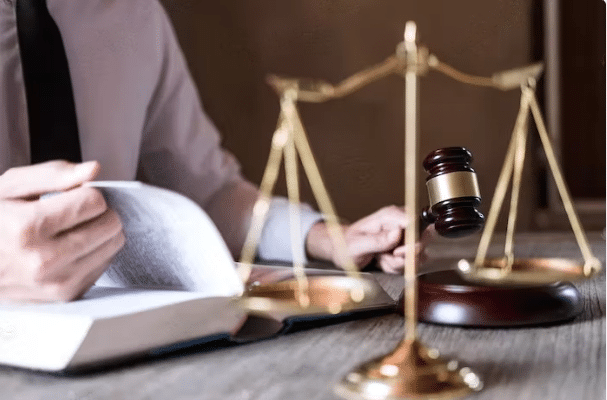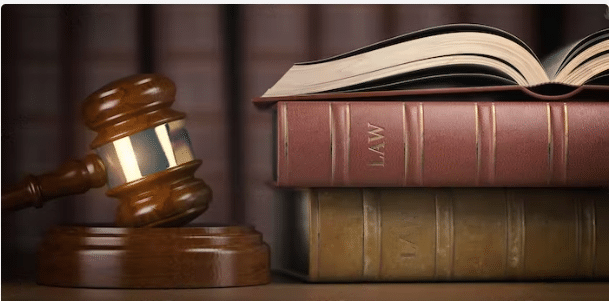
The law of contract governs claims in the UK. This means that all claims must be made in accordance with specific legal procedures. Claims can be made in several ways, including court proceedings or negotiations between the parties involved.
Making a claim is often an important step in resolving a dispute. It can help identify and resolve underlying issues and provide closure for both parties. When making a claim, it is important to know the relevant legal procedures and criteria. Claimants should also ensure they have the relevant information before making complaints or taking action.
What is the Small Claims Court?
A small claims court is a civil court that hears disputes between individuals or businesses that fall under the court’s jurisdiction. It is used by people who cannot pay their debts and often by people who have lost their jobs or been wronged in business. The court can resolve disputes involving amounts up to £15,000.
This court is designed for people who don’t want to go through the regular legal system and are willing to settle their disputes outside of court. These include simplified procedure, no need for an attorney, and binding decisions for both parties. Generally, small claims cases are simpler and faster than litigated disputes. There are a few things that you need to file a lawsuit in small claims court. You must have a valid ID and proof of your identity, such as your driver’s license or passport. You also need specific information about the dispute, such as the name of the person or business you are suing, what happened, and how much money you are asking for.
What Will Happen if a Defendant Does Not Respond to the Small Claims Court?
If a defendant does not respond to the small claims court, the court may issue a default judgment in favour of the plaintiff. A default judgment is an order that results from a defendant’s failure to respond to a lawsuit or other legal proceeding. The default judgment automatically becomes final and binding on the parties involved if the defendant does not object to the default judgment within ten days of receiving notice of it. If the defendant objects to the default judgment, they have ten days to file an objection with the court. The consequences of not responding can be significant, including fines and criminal penalties.
Can you be Forced to Pay a Judgement?
In the UK, judgments can be enforced through several means including, but not limited to, garnishment of wages, seizing assets and taking legal action. These enforcement mechanisms are available to both debtors and creditors alike. Judgments can also be obtained against individuals who owe money directly or indirectly to another person or organisation. In some cases, a judgment may even extend to third parties who have financed or supported the debtor in some way. It is important to note that not everyone is subject to the enforcement of a judgment. Certain groups – such as children and those with mental incapacity – are typically exempt from being forced to pay a judgment.
What Happens if a Defendant Cannot Pay a Judgement?

What can you do if you win in small claims court and they don’t pay? Generally speaking, you have three options: you can take them to court again, file for a restraining order, and try to collect the debt through various methods, such as wage garnishment or personal bankruptcy.
Taking them to court again is the most common option. To win in court again, you will need to demonstrate that the original judgment was wrong or that there has been a material change in circumstances since the original judgment was issued. This can be difficult if the person who owes you money is unavailable or unwilling to participate in proceedings. Filing for a restraining order is an option if you feel your safety is at risk. A restraining order will prevent the person from doing anything that could harm them physically or emotionally.
Conclusion
In conclusion, it is important to seek legal advice if you have a dispute with another person or business. A small claims court can provide an inexpensive and informal way to resolve disputes. If you can settle your dispute through mediation, it can be resolved without going to court. However, if settlement through mediation fails, or if the dispute is too complex or contentious for mediation, seeking legal advice may be the best option. If you don’t pay a small claims judgement, the creditor can take various legal actions, including filing a lawsuit in court. This could result in expensive legal fees and a possible judgment against you. Therefore, paying your small claims judgments as soon as possible is important to avoid negative consequences.
Was this article helpful? Let us know in the comments!
FAQs
What makes a Judgement void?
Judgements in the UK can be void if they are not based on evidence. This means that a court cannot make a judgement if it has no facts to support it. It also includes judgments obtained through coercion or by someone not authorised to make a judgment. If a judgement is void, it can result in people being able to get their case back on track or compensation being given to them.
Can the court look at your bank account?
The court may request information from your bank account if you are facing criminal charges. This includes any funds that you may have in the bank, as well as any loans or credit cards that you may have. The court may also order a freeze on your bank account to prevent you from withdrawing money. This is typically done if there is evidence that the person may have been involved in criminal activity.
What happens if someone doesn’t respond to being sued?
If someone does not respond to being sued, a court may take various actions to compel the individual to respond. These include issuing a summons and requesting that the individual appears in court, filing a motion for default judgment, or ordering the person’s property seized. Suppose the individual fails to respond after these steps have been taken. In that case, the court may enter an order declaring the person inactive as a defendant and enter an adjudication in favour of the plaintiff. If a default judgment is issued, the party who won the lawsuit can obtain relief from that judgment, such as money damages and specific performance of promises made by the other party in the agreement (such as returning property).






